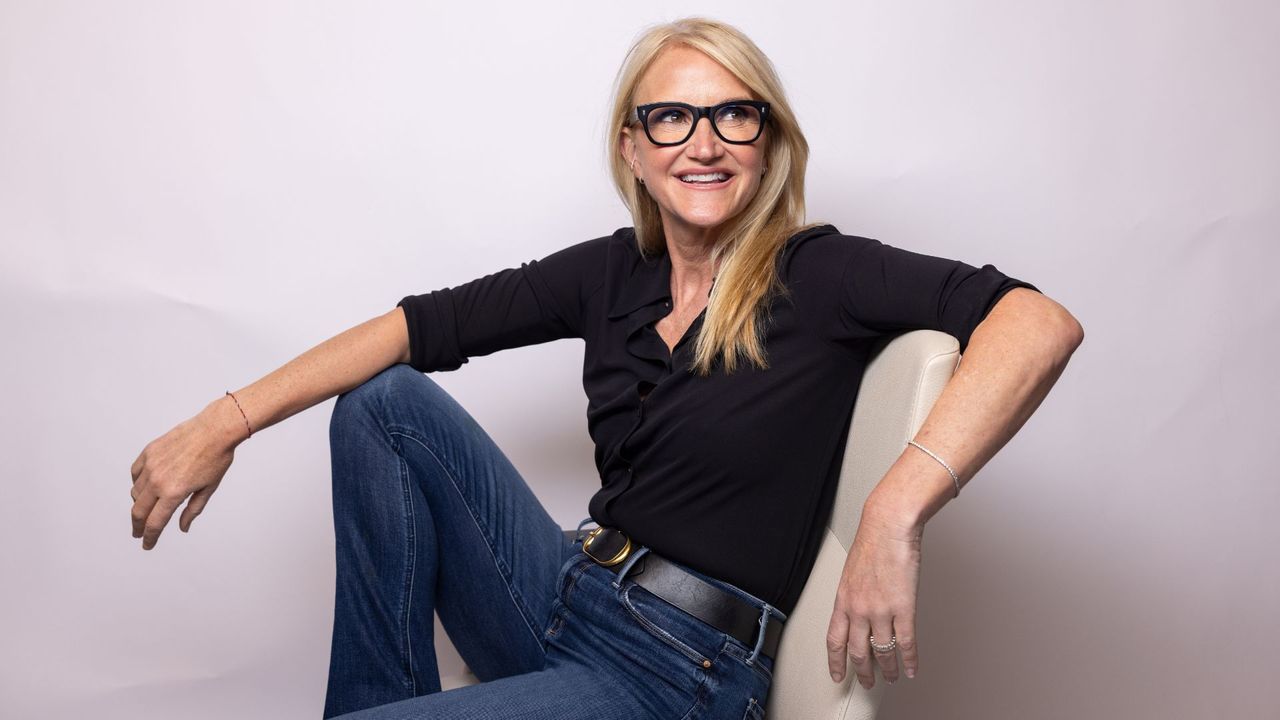
I always thought I'd have lots of friends when I grew up. But it seems the most iconic on-screen female friendships led me into a false sense of security, and I've been left struggling to know how to make friends as an adult.
It’s very common, and something Mel Robbins herself has struggled with. But she has some insight and lessons she says have helped her “so profoundly”, as she’s not only made friends, but lost them as she’s got older.
Speaking on Jay Shetty's On Purpose Podcast, Mel said: “There is a massive shift that happens in adult friendship when you hit 20 that nobody sees coming.”
She explained, when you’re younger, “Your entire life is organised around friendship and making it possible. Because you’re with people your age all the time in class, in sports.
“You also celebrate the same milestones, the same birthdays, you’re all talking about the next level of school,” she added. “So there’s so much synergy and relevance and the conditions to spend a ton of time together are there.”
But when you hit your 20s and beyond, something Mel calls “The Great Scattering” happens. “Everybody moves in different directions,” she explained. “Suddenly everybody’s on different timelines. You’re in different cities. You’re moving in different directions.
"So there’s no way to locate yourself inside your friend group. The only thing that’s keeping you together is a text chain that starts to go quieter and quieter as people start to focus on the people in front of them.”
What to do about it
When you’re experiencing this, there are 'two major shifts' Mel wants you to focus on.
“Number one: You can no longer expect friendship,” she says. “You have to take a way more flexible approach and a more proactive approach. You’ve got to let people come and go.
“And then you’ve got to take the actions to create friendships. ‘I’ve got to go first. I’ve got to be the one planning. I’ve got to seek out new people’,” she said.
But the main lesson she wants you to know? That '99% of the time, it’s not personal' when people come and go in your life.
“You haven’t actually lost them as a friend,” she says. It’s simply a case of one of what she calls the “three pillars of adult friendship” being missing.
These pillars are what Mel believes make friendship easier to hold onto, whether that’s with existing friends, or the new ones you want to make.
1. Proximity
“Proximity matters tremendously,” Mel said, adding that being 'physically' near to people makes it easier to be friends with them. This closeness means you can spend more time with them, which obviously makes a bond, and therefore a close friendship, grow stronger with them.
2. Timing
Timing is another huge pillar, Mel says. She doesn’t mean time spent together, but the stage of your life. “Some of your friends are getting married, some are going to school, some are now pursuing jobs, other people are moving out of the city [or] into the city. Everybody’s timing is now different.”
Making friends with people who are at the same time in their life as you are in yours can be massively beneficial. It makes relating to them and their struggles easier, with you both being able to empathise and offer help to the other more easily.
3. Energy
“The third thing that needs to be present for a friendship to work is energy,” Mel says. You know those people who you just connect with, or who feel on the same level as you? That’s you sharing energy.
"And while it can change and maybe you won't always share the same energy with a friend, searching for it in other people is a sure-fire way to create a close bond."







